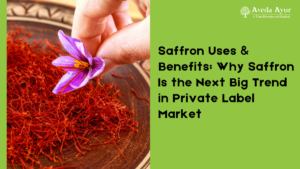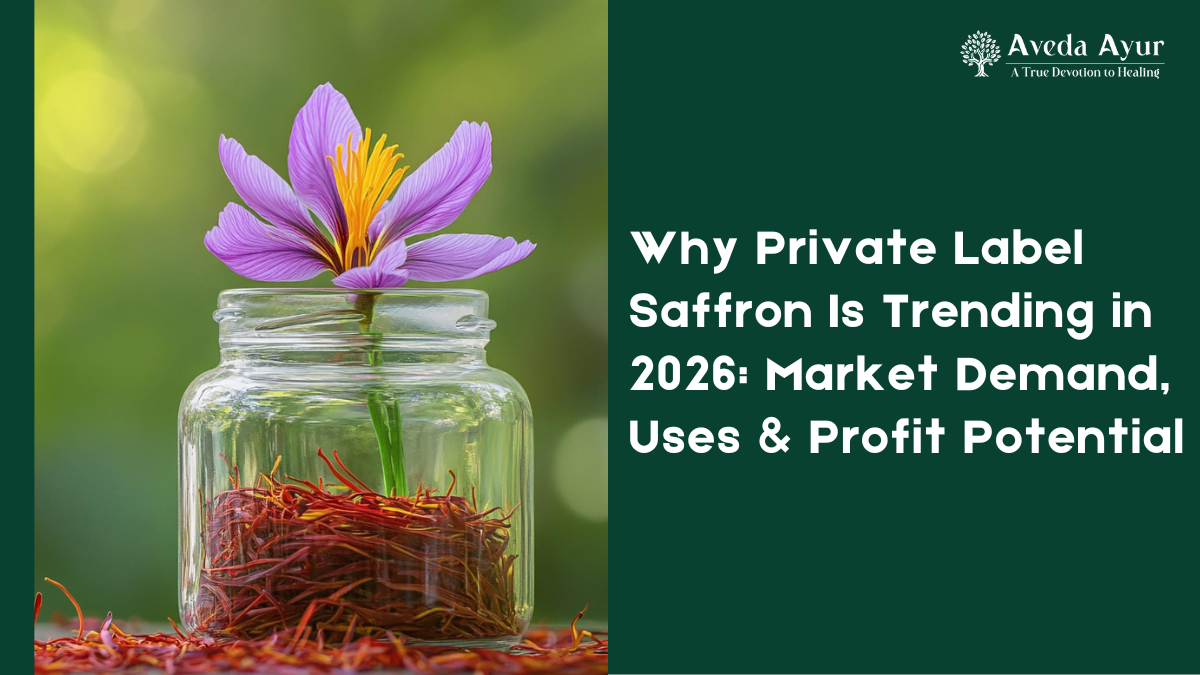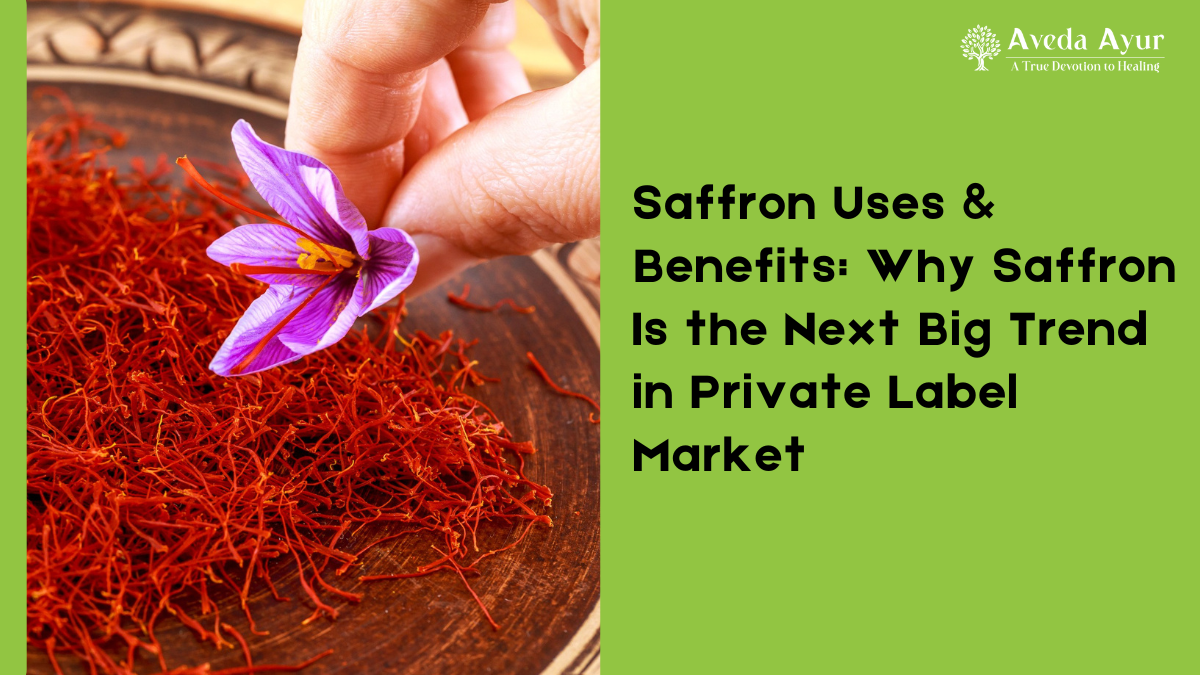Benefits of Bhallataka, medicinal uses, dosage, and side effects
Bhallataka is considered the most useful, powerful, and fast-acting Ayurvedic herb. According to Ayurveda, this herb helps to pacify Kapha dosha in the human body. The red-orange part of this plant is collected then dried in sun and used for various medicinal purposes. It is considered the best herb in both male and female reproductive health.
—–shloka——
According to Shloka, synonyms of bhallataka are arushaka, arushkara, agnik, agnimukhi, bhalli, veervriksha, and shophakrita. Its fruit is sweet when ripe, light, sweet and astringent taste, digestive, unctuous, piercing, hot potency and works as purgative.
(Reference- Bhavaprakasha nighantu- Haritkyadi varga- page no. 134 and shloka no. 228-229)
Botanical name- Semecarpus anacardium
Family- Anacardaceae
Names in different languages:
- Hindi name – belatak, Bhilawa, bhilava, bhela
- English name – Ink nut, Marking nut
- Kannada name- aginimukhi, gerkayi,kerubija chera and bhallataka
- Persian name – biladur
- Marathi name – bibo, bibba, bibha, bibwa
- Malayalam name – cera, alakkuceru, shengotta, cerkkotta and thenkotta
- Telugu name- jeedi, thummeda, gudova, maamidi, shenta, simidi, bhallaathaki
- Tamil name – sengottai, ceraankottai, cenkottai erimuki, seraangottai and arutkaram
- Urdu name – bhilanvana, baladur
- Arabian name- hab-el-kalb, beladin
Synonyms in the Sanskrit language
- Shophakrut- it causes inflammation on direct contact with skin
- Agnika, Agnimukha- it is as hot as fire
- Arushkara- causes wounds during skin contact
- Bhutanashana- it kills harmful microbes
- Sphotahetu, shophakrit – direct exposure to its volatile oils can cause swelling, blisters, and inflammation.
- Other synonyms are Vahninama, virataru, Kshatakshataru, prithakabija, shailabeeja, Bhallataka
Morphological characteristics
Bhallataka is a medium-sized deciduous tree that has exfoliating grey bark with small irregular flakes. This plant grows up to the height of 15 to 20 and its leaves are oblong, alternate, rounded at the apex, simple and glamorous from above.
The flowers of this plant appear in May and June and are greenish-white in color. Its nut is ovoid, smoothed, lustrous black with 2.5 cm length. Its fruits ripen from December to March. Seeds are inside the black fruit and are called godambi and are edible when prepared adequately. Its fruits are also used for dye.
Categorization according to classical books
According to- Acharya Charaka
- Kushtaghna – a group of herbs that treats skin diseases.
- Deepaneeya – herbs that help to promote digestion.
- Mutrasangrahaneeya – a group of herbs that causes retention of urine.
- Bhedaniya – a group of herbs that causes mild purgation.
- According to Acharyas Sushruta and Vagbhata- Nyagrodhadi and Mustadi gana
Medicinal properties according to Ayurveda
- Rasa (taste) – Katu (pungent), Tikta (Bitter), and Kashaya (Astringent)
- Guna (qualities) – Laghu (light), Snigdha (Unctuous), and Teekshna (piercing)
- Vipaka (Undergoes taste conversion after digestion)- Madhura (Sweet)
- Veerya (Potency)- Ushna (Hot)
Chemical constituents present in it
Catechol, cardol, sernicarpoi, anacardol, anacardic acid, bhilawanool, and fixed oil.
Purification of Bhallataka (Bhallataka Shodhana)
- Due to its hot nature, its skin contact may cause boils. For reducing its hot potency and toxicity, proper purification is done.
- Take ripened seeds of Bhallataka, and put them into water.
- The seeds that will sink are used for purification and the rest will be discarded.
- Cut the seeds into two parts and keep them immersed in dry brick powder for some time.
- During this time, the dry brick powder will absorb all the strong pungent oil of Bhallatak and reduce its pungency and which makes it usable for medicinal purposes.
Medicinal uses of ripened fruits of bhallataka
- Svadupaka rasa- it is sweet
- Laghu- light in digestion
- Kashaya- it shows astringent property
- Pachana- helps to digest food easily
- Snigdha- unctuous
- Teekshna- piercing in Nature
- Ushna- hot in Potency
- Chedana- shows slicing and cutting effect
- Bhedi- induces purgation
- Medhya- helps to improves intelligence
- Kaphavatahara- balances vitiated Kapha and Vata dosha
- Vranahara- improves quick wound healing
- Udarahara- helps to treat ascites
- Kushta- helps to treat various diseases
- Arshahara- useful in piles or hemorrhoids
- Grahani- helpful in malabsorption syndrome
- Gulma- shows effective results in gaseous distention of abdomen
- Shopha- treats inflammation
- Anaha- relieves abdominal bloating
- Jwara- useful in treating fever
- Krimi- treats infestation
Side effects
Bhallataka causes swelling, rashes, and itching so it’s better to prevent direct contact with skin. As its potency is hot so it should not be used in extremely hot weather. Its cetyl dose may lead to death within 12 to 24 hours. It should be avoided in case of pregnancy, lactating mothers, and small children because in pregnancy it may induce abortion.
How to counteract the side effects of Bhallataka?
If it causes swelling, itching, and rashes, the antidote is coconut oil, coriander leaves pulp, ghee and it should be applied externally.
Uses of Bhallataka-
- Bhallataka works as a natural appetizer that stimulates the digestive system and improves digestion.
- This herb also works as a natural brain tonic that improves intelligence, concentration and treats various brain disorders.
- Being a good expectorant also treats asthma as well as cough by expelling out thick accumulated mucus in the respiratory Airways.
- As a cardiac tonic, it treats cardiac debility and increases white blood cells in the body. It also improves heart functioning by providing strength to the cardiac muscles.
- It also works as a nervine tonic and treats disorders like facial paralysis, sciatica, etc.
- It works as a purgative which induces purgation. This herb relieves various digestive disorders like abdominal distension, constipation, piles, ascites, and worm infestation.
- This herb also treats various skin-related issues like swelling, rashes, etc.
FAQ
How should we consume Bahllataka?
You can consume bhallataka only after purification. Its purification is done by Ayurveda experts. So don’t use it as an herbal remedy. Consult your doctor before using it should be used under medical supervision.
Conclusion
From this article, it is concluded that bhallataka can be used in the case of skin, digestion, nerves, and cardiac-related disorders. But its use should be avoided in case of extremely hot weather, pregnancy, lactation, and small children. It should be used only after purification for treating disorders. Consult your doctor or it should be taken under medical supervision. So don’t use this medicine as an herbal remedy.
Note: Our purpose is to serve useful information related to bhallataka ‘s benefits, dosage, and other properties. It is advised to the patients not to consume it on the basis of this information. Before taking it as a medicine it is better to have an expert opinion because dosage and treatment vary from patient to patient depending on their symptoms and medical history.









